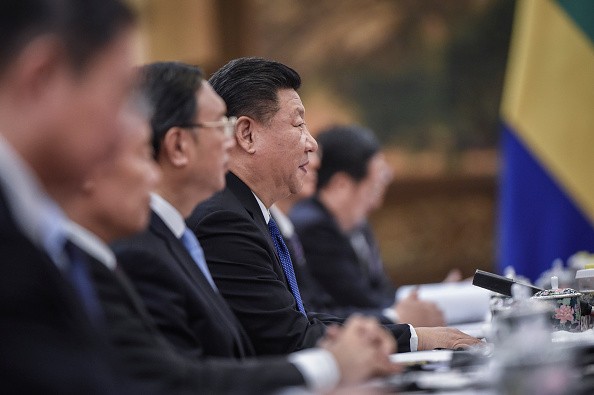Since Donald Trump took over the White House, the United States has pivoted from its role of an economic global leader and turned toward economic nationalism. Meanwhile, China expresses its interest in assuming the role, an article by USA Today reported.
“As the U.S. becomes more insular in economic philosophy, I think it gives China one more reason to . . . say, ‘We are still interested, and we want to continue globalization,'” said Louis Kujis, head of Asia Economics at Oxford Economics, in an interview with USA Today.
As a country with a large economic output, China is poised to shine brighter on the world stage.
Over the recent months and years, China has increased bilateral and multilateral trade ties with various nations over the world, particularly in the Middle East, Africa, Central Asia, and Latin America.
China is also spearheading several infrastructure projects in these regions, such as the 300-mile railway in Kenya, the Nicaraguan Canal, the One Belt One Road project, and the South American rail.
When it comes to foreign direct investments (FDIs), the U.S. remains the leader. However, it should be noted that the U.S. FDI only grew by 1.5 percent year-over-year--a stark contrast with China’s FDI, which increased by 52.5 percent, according to data from the World Bank.
Developing nations look up to China as a role model of modernization. Meanwhile, China works to create avenues for its exporters to grow while, at the same time, creating wealth in these countries. Foreign direct investments also help China deal with a staggering problem back home: excess capacity of steel, glass, and other products.
“I think the Chinese have realized they’re the major beneficiary of globalization,” Peter P. Bottelier, former chief of the World Bank’s Resident Mission in Beijing, told USA Today.
“If the U.S. ducks out, China will take over the leadership role in globalization. And whatever happens to China, it’ll have a major impact on Americans.”






















